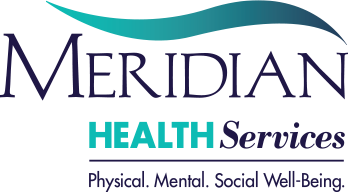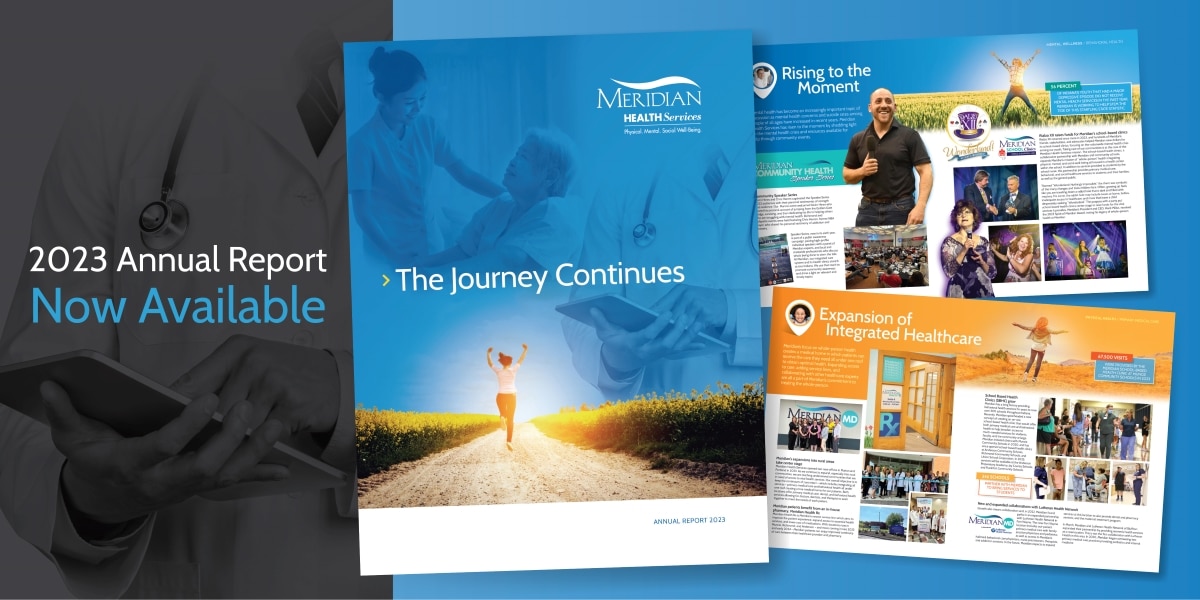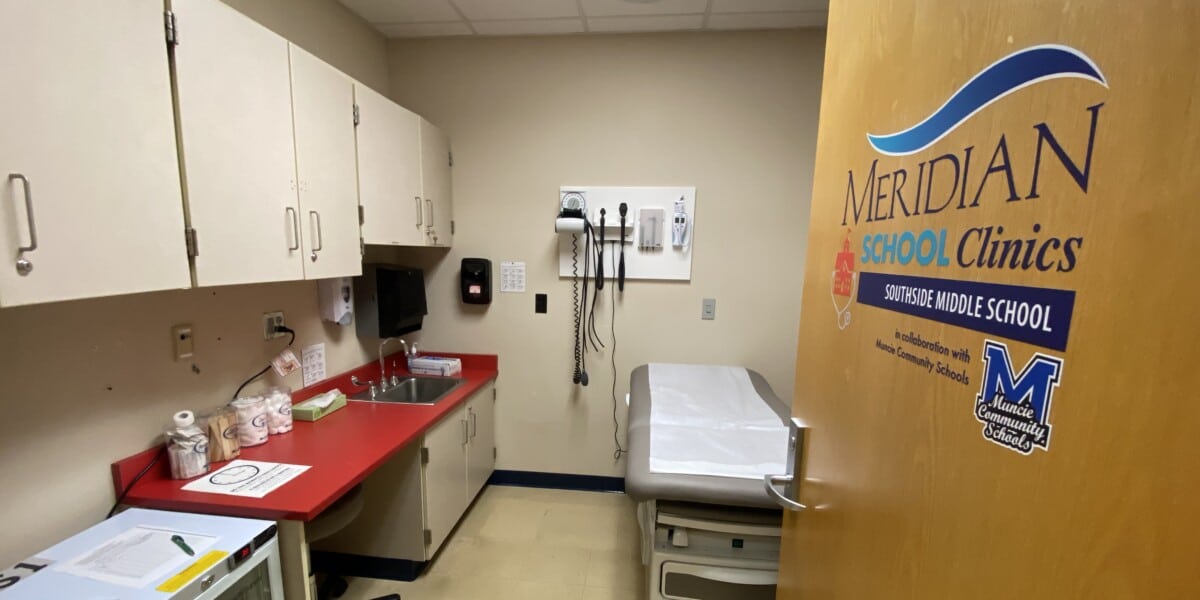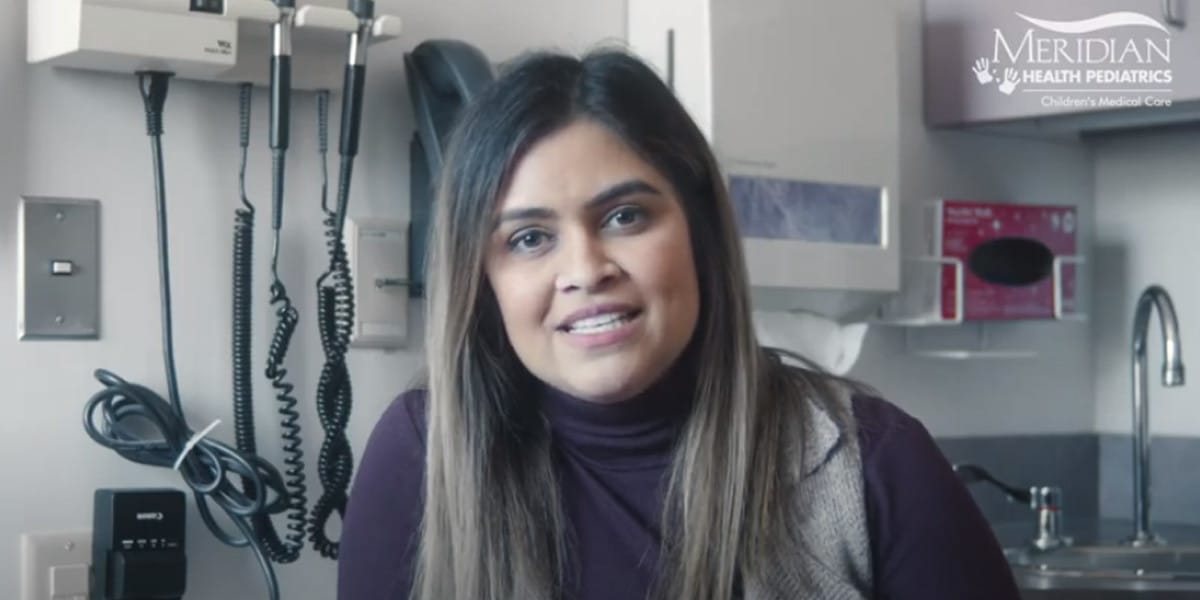From ADA – American Dental Association
While reopening during the COVID-19 pandemic can be daunting, Dr. Elizabeth Simpson feels confident treating nonemergency patients once again at the dental clinics where she works outside Indianapolis.
“I’m confident because I’m properly protected, and I think with all the measures that we have in place, it makes me feel comfortable,” she said.
Dr. Simpson is a general dentist at two federally qualified health centers in Anderson and Elwood, Indiana, run by health care organization Meridian Health Services. Dental departments in federally qualified health centers must meet federal requirements that mandate care for underserved patients in their service areas, who typically include uninsured adults with significant dental disease.
As pandemic-related restrictions spread across the U.S. in mid-March, both clinics began seeing emergency patients only, and a couple weeks later, the smaller center in Elwood closed to all in-person appointments. In early May, the Anderson site reopened to nonemergency patients, and Elwood followed a month later.
The centers have met the varying stages of closing and reopening with several precautions, such as limiting the number and type of staff on site; addressing the issues of current patients without in-person appointments when possible and taking panoramic radiographs of new patients’ mouths instead of using intraoral radiographs; screening patients before appointments and scheduling 15-minute blocks between appointments; asking patients to wait in their car before appointments and to wear masks when they enter the building; taking patients’ temperatures when they arrive; having patients rinse with antibacterial mouthwash before treatment; and having patients complete paperwork in the operatory instead of the waiting room.
“We just always look at [Centers for Disease Control and Prevention] guidelines, and so anytime there was an update, we would go by that,” Dr. Simpson said. “It’s still changing.”
The clinics are not yet operating at full capacity, and management may be taking additional steps in the coming weeks as well, such as installing air filters.
The offices themselves also look different, with materials and some chairs removed from waiting areas, and the staff look different too, as they’re wearing more personal protective equipment than usual, such as surgical bonnets, N95 masks, gowns and shoe covers.
Dr. Simpson worries about how these changes could affect her patients’ experience, but she is putting her “naturally cheerful” personality to work to help ensure her patients feel at ease. The personal protective equipment can be uncomfortable for the wearers too at times, but she knows she is protected and is not afraid of contracting the coronavirus.
“There will be times sometimes when I’ll sort of joke with them about it where I’ll say, ‘Believe it or not, there’s a real person under all this stuff,’ or chitchat with them a little bit and explain we’ve got all this going on right now and thank you so much,” Dr. Simpson said. “I have a really good staff and my assistants are really friendly, and so I think the tone is set the whole way, so that when I come in, it’s not just dependent on me to bring up the mood and make them feel comfortable.”
While dentists have a lot on their plates as they navigate this new world of providing care during a pandemic, Dr. Simpson said she hopes her peers are not cutting any corners.
“Do everything that you can and everything that’s at your disposal,” she said.




